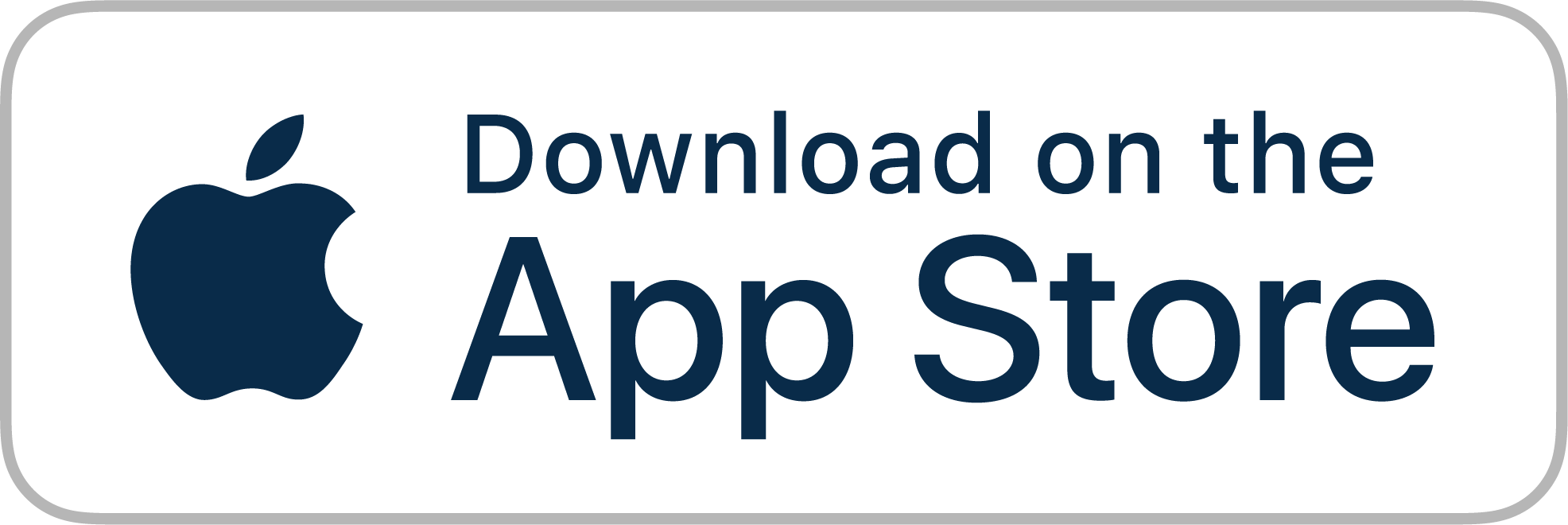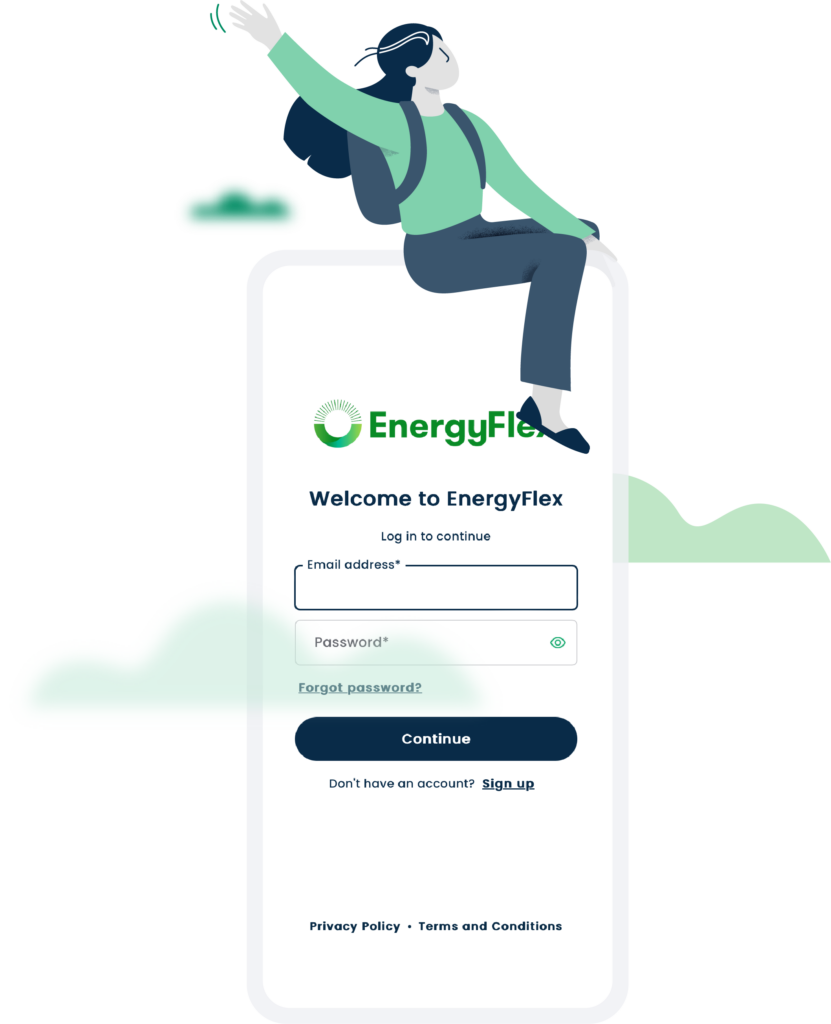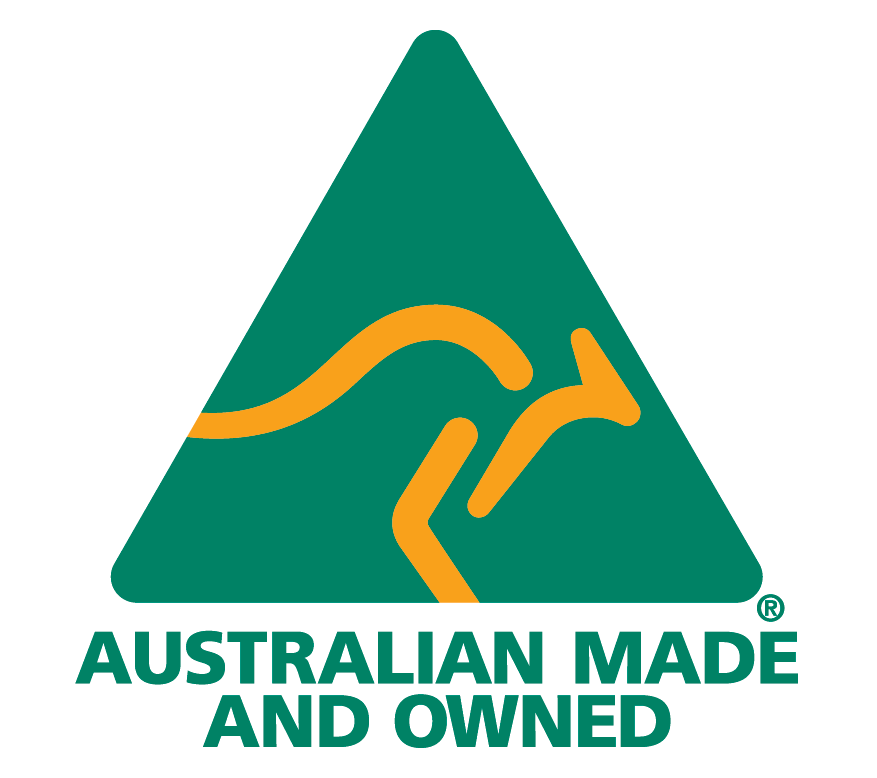
Have you ever been shocked by your electricity bill and wondered if you could get a better deal elsewhere? Have you tried to make sense of the hundreds of available energy plans, but got overwhelmed and gave up? You’re not alone.
The energy market is complex, and it’s one of the reasons why many Australians are overpaying for electricity. But that’s about to change.
The new Consumer Data Right (CDR) legislation will make it easier to find a better energy deal or switch retailers, without the hassle of sifting through everything yourself.
CDR + EnergyFlex puts the power in your hands
EnergyFlex is the first business of its kind in Australia to receive representative access under CDR.
When you sign up for EnergyFlex and share your CDR data, we can help you understand your consumption patterns and identify actions to reduce your bills and carbon emissions. We can also help you find the cheapest, cleanest energy plan for your needs.
EnergyFlex is not an energy retailer but an independent energy data, insights, and education provider. We’re on a mission to get every Australian Renewables Ready and to speed up the energy transition.
While CDR has already been introduced for Origin, AGL, and Energy Australia, most energy retailers are expected to come on board on 1 November 2023. But what is it? Why should you care? And what are your rights?
What is the Consumer Data Right?
CDR is an opt-in open data-sharing ecosystem overseen by the federal government. It aims to strengthen Australia’s data economy and security by promoting better data protection practices and giving consumers more control over their data.
Under CDR, you have the power to decide who to share your data with, for how long, and for what purposes. Only accredited CDR service providers that have undergone the Australian Competition and Consumer Commission’s strict accreditation process can access your data.
Previously, only banks had to adhere to CDR rules, but from November, energy retailers will also need to comply, bringing bank-level security to your energy data.
The Consumer Data Right and your energy bill
CDR gives you more control and visibility over your “Open Energy” data. This includes:
- Information about where your energy comes from (e.g., solar, coal, wind, or gas),
- How and when you use electricity,
- Your current energy plan and tariff structure, and
- How much energy your solar panels export (if applicable).
Suppose you want to switch from Provider X to Provider Y. Instead of trawling through and comparing offers, you can give Provider Y permission to securely and automatically access your open energy data that Provider X already has. Knowing how you use energy, Provider Y has an opportunity to offer you a better, more personalised deal.
The data-transfer process takes less than two minutes and can be initiated in one click.
3 good reasons to share your CDR data
There are three main benefits to sharing your CDR-protected Open Energy data:
You can save money.
Millions of households pay the government-set default market offer for their electricity. But because this is a “hard cap”, retailers can – and often do – offer tariffs that cost less than the default offer. You should never pay more than the default market offer for electricity, but you could be paying less. Switching to a better deal could save you at least $600 a year.
You can help the planet.
You can reduce your household carbon emissions and save even more money by switching to a tariff that supports renewable energy. By aligning your energy use with the availability of cheap, clean energy in the grid, you’ll reduce your reliance on fossil fuels and help speed up the green energy transition.
It promotes market competition.
CDR increases transparency and competition in the market because everyone has access to the same data – but only if you allow it. Competition leads to innovation, better services, and better outcomes for all of us.
What are my CDR rights?
- Only ACCC-accredited businesses can offer services using Consumer Data Right.
- Only you can consent to share your data.
- You can revoke consent and request deletion of your data at any time.
- When they no longer need your information, data holders must either destroy or de-identify it (remove personal information).
Key players in CDR:
- The Treasury: The rule-makers.
- The Australian Competition and Consumer Commission (ACCC): Gatekeepers of accreditation.
- The Office of the Australian Information Commissioner: The privacy watchdog.
- Data Standards Body: The technical guideline creators.
- CDR Accredited Service Providers: The data couriers.
- You: The decision-maker.





